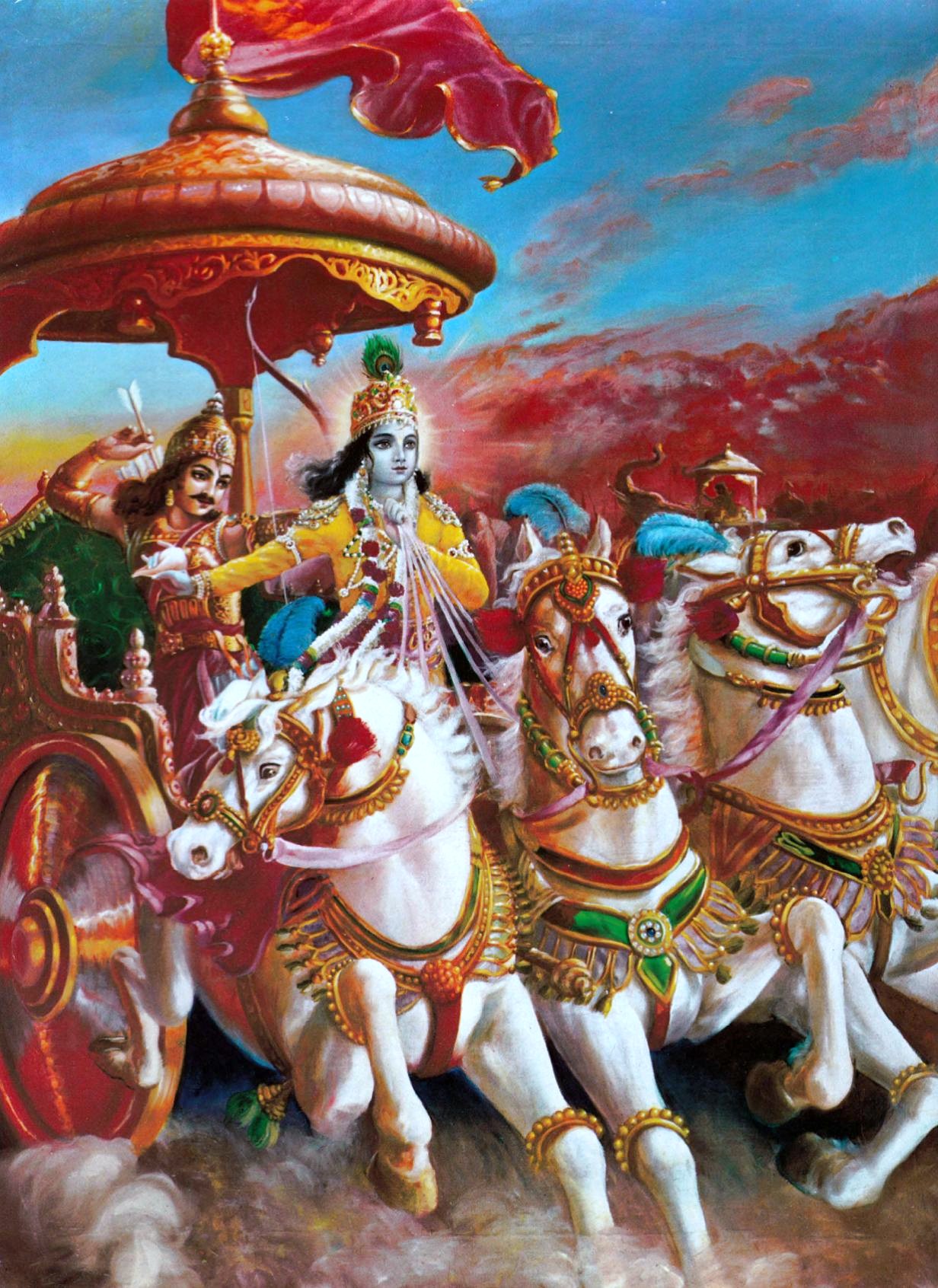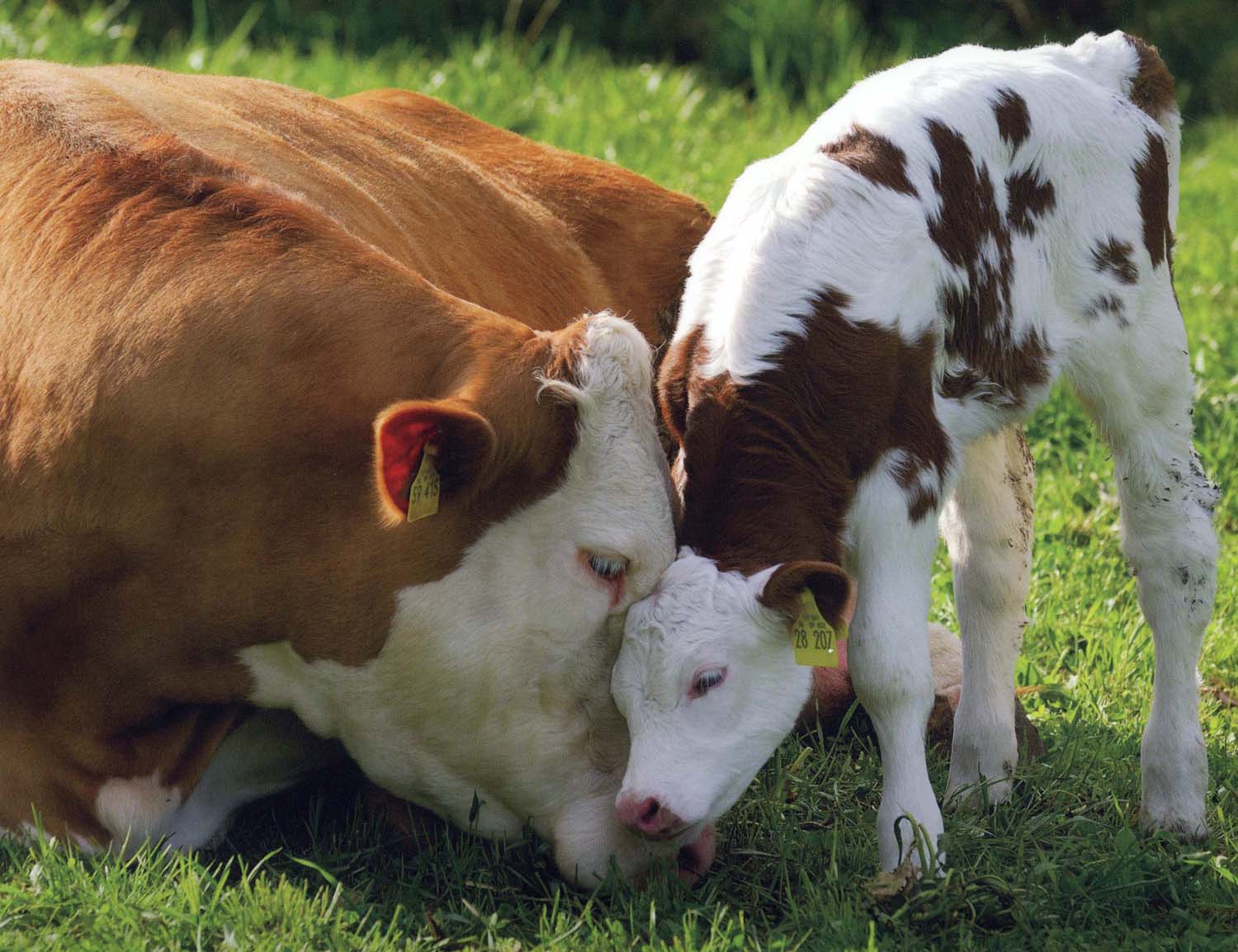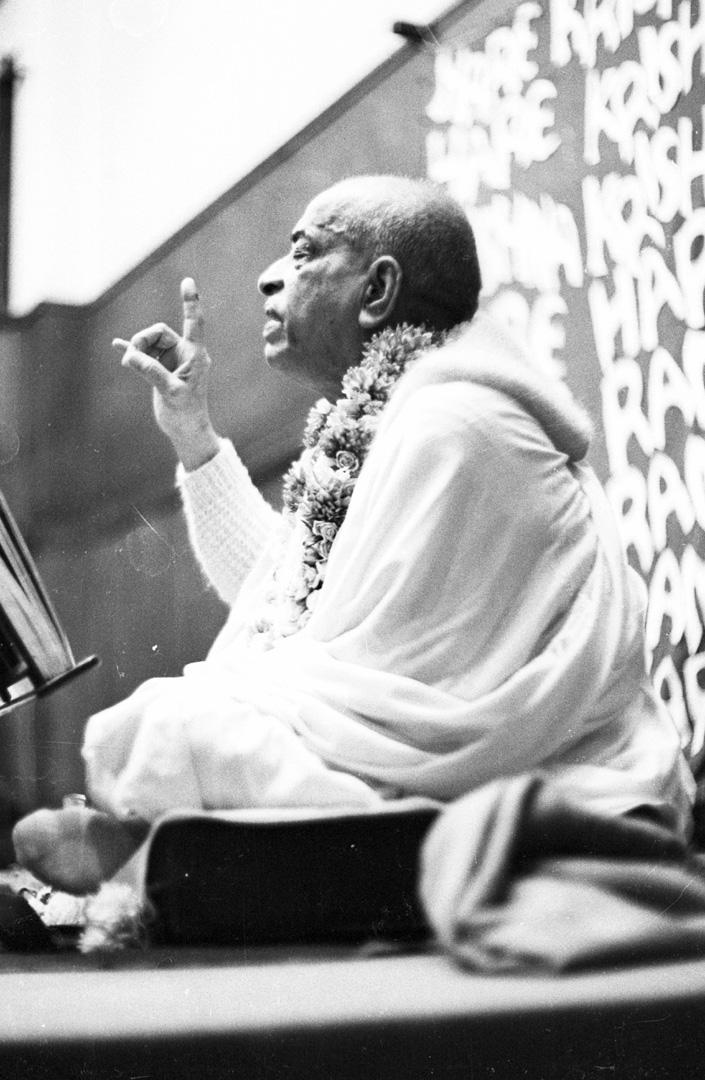I just love this picture of Krishna. It is on my desktop computer so I see it every morning when I turn on my computer, and I always pause for a moment, to just gaze at the beautiful face of the Lord. We have included some nice verses which describe the Beauty of Krishna.
“O my Lord, the transcendental body of Krishna is very sweet, and His face is even sweeter than His body. The soft smile on His face, which is like the fragrance of honey, is sweeter still.” (Sri Caitanya-caritamrta: Madhya, 21.136)
“My dear friend, if you are indeed attached to your worldly friends, do not look at the smiling face of Lord Govinda as He stands on the bank of the Yamunā at Keśīghāṭa. Casting sidelong glances, He places His flute to His lips, which seem like newly blossomed twigs. His transcendental body, bending in three places, appears very bright in the moonlight.” (Sri Caitanya-caritamrta: Adi-lila 5.224)
Continue reading








